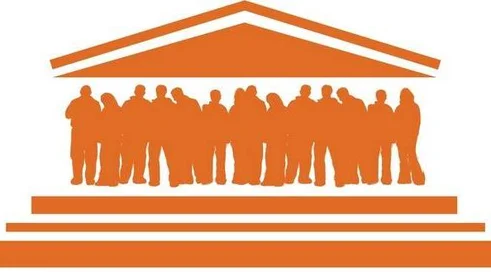More than five years after the introduction of the General Data Protection Regulation (RODO), 58 percent of Poles believe they have more control over their personal data. However, there is also the other side of the coin. 62 percent of Poles surveyed are more concerned about the security of their personal data than they were five years ago, according to a report prepared by KPMG. Concerns are fueled by the rapid development of artificial intelligence, especially algorithms that learn the preferences of people browsing social networks or deepfake content. Meanwhile, in recent months there have been leaks of particularly sensitive data, as it is collected by medical laboratories and the Social Security Administration.
The report shows that 60 percent of Polish respondents believe that the privacy protection of their data in the country is not excessive, while on average in Europe this is the opinion of 48 percent of the public.
Concerns include algorithms that learn the preferences of people browsing content on social networks. Such mechanisms are of concern to 59 percent of Polish respondents and 66 percent of all European respondents. In addition, deepfake content was consid...
Content locked
To gain access to the complete English section of the Medexpress.pl, kindly reach out to us at [email protected].
If you already have an account, please log in


















